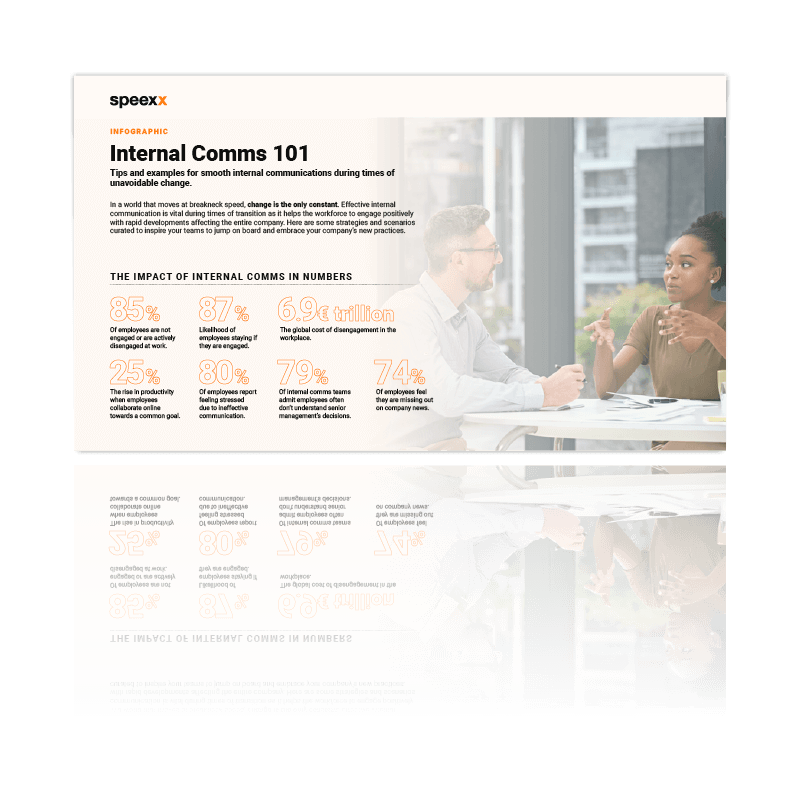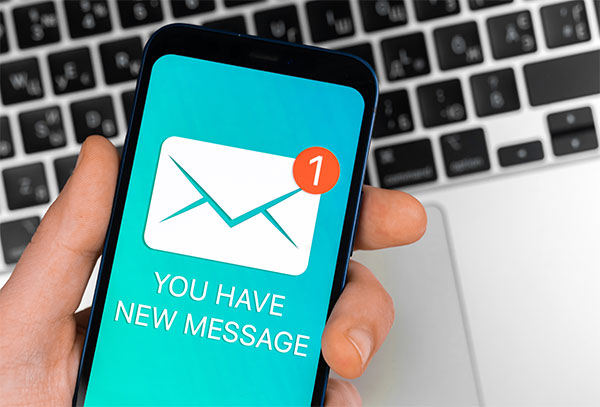“I can resist everything except the temptation to check my smartphone” could be one of Oscar Wilde’s most famous quotes adapted to the twenty-first century.
When was the last time you got something done without getting distracted in any way? It’s been a while, hasn’t it? It’s no wonder. In our hyper-connected world, it’s almost impossible to not be exposed to constant stimuli and distractions. However, it is possible to not get distracted and ultimately get more things done. The key to productivity is monotasking.
When concentration fails
A person who does everything at the same time appears productive at first glance because they seem to be always busy and engaged. However, multitaskers make a lot of mistakes. If you always try to concentrate on several things at the same time, you eventually forget to be attentive and end up doing everything half-heartedly (without noticing it). This applies to the working world as well as in one’s personal life. There, mindfulness is already established as a stress-reduction technique.
Anyone who practices mindfulness methods – especially meditation – knows that concentration is much more difficult to achieve than one might think. That’s because distractions can be external as well as internal. An unfocused mind prevents you from concentrating on any single task.

How can you strengthen internal communication in your company? Find out in our guide
The smartphone as the ultimate distractor
The smartphone is the biggest enemy of monotasking because almost our entire life is contained within our devices. We use them for communication, work, planning of our free time, finances, as a digital window to the world, as a teacher or cheat sheet, as a meteorologist, for consuming news, and sharing memories. And that’s not even all the possibilities that a smartphone offers us.
No matter what you use your smartphone for, I guess yours is also constantly ringing, beeping, and vibrating. But how much time do we spend on our cell phones a day? There are big differences, depending on the generation. In general, however, it can be said that the average screen time among UK-based adults is now five hours per day in addition to any screen-related work.
How monotasking can help
Set a clear goal and create a plan on how to achieve it, step by step. This can be in the form of a to-do list, laid out as a chart, or mood board. It is important to visualize your goals so they become achievable. It is essential to remain realistic, especially when it comes to the time you will need to complete individual tasks.
Minimize any kind of distraction. First, ensure a peaceful environment by turning off notifications. You can do this! For every type of notification, you’ve given your consent at some point in the past. Conversely, this also means that you can revoke this consent at any time, freeing yourself from any type of buzzing and distraction. And if that’s too complicated for you, there are always options like focus or flight mode, and programs on the computer can be closed.
The benefits of monotasking
Mindfulness can also be applied at work. Those who manage to focus on a single task will quickly notice a positive development. The most significant benefits of monotasking include:
Optimized Productivity
Monotasking is much more effective than multitasking when it comes to maximizing productivity. When you focus on just one thing, you work through one task at a time, ultimately completing more tasks in a day, improving the quality of your work.
Deeper Trust
When you focus on being present, you improve your relationships with those around you. By eliminating distractions, you can be there for others and connect with those around you on a deeper level, building trust.
Better Perspectives
Monotasking is about living in the moment. Focusing on what you’re doing right now, rather than what else you have to do, reduces stress. By letting go of the past and not worrying about the future, you can learn to simply be happy with what you are doing in the present. Sounds esoteric, but it is the truth.
Give monotasking a chance. With a little strategy and patience for yourself, you’ll quickly realize and enjoy the benefits of a little mindfulness at work.

Disclaimer
While writing this text, I had 27 tabs open in two browsers. While counting, I also noticed that four of them are repeated. I received 12 messages on WhatsApp (but “only” read 5 of them), one Instagram notification, four emails, 16 team messages, two notifications from daycare about my daughter’s eating behavior, one promotional text message for faster internet at home (yay, more tabs), and two notifications to please restart my laptop to complete an update.
As you can tell, I haven’t quite figured out monotasking yet either. But I vow to do better and get up now (my smartwatch has just reminded me that I’ve been sitting for far too long) and go make myself a coffee. Whether I will manage not to take my smartphone into the kitchen to read the remaining WhatsApp messages, remains my secret…

